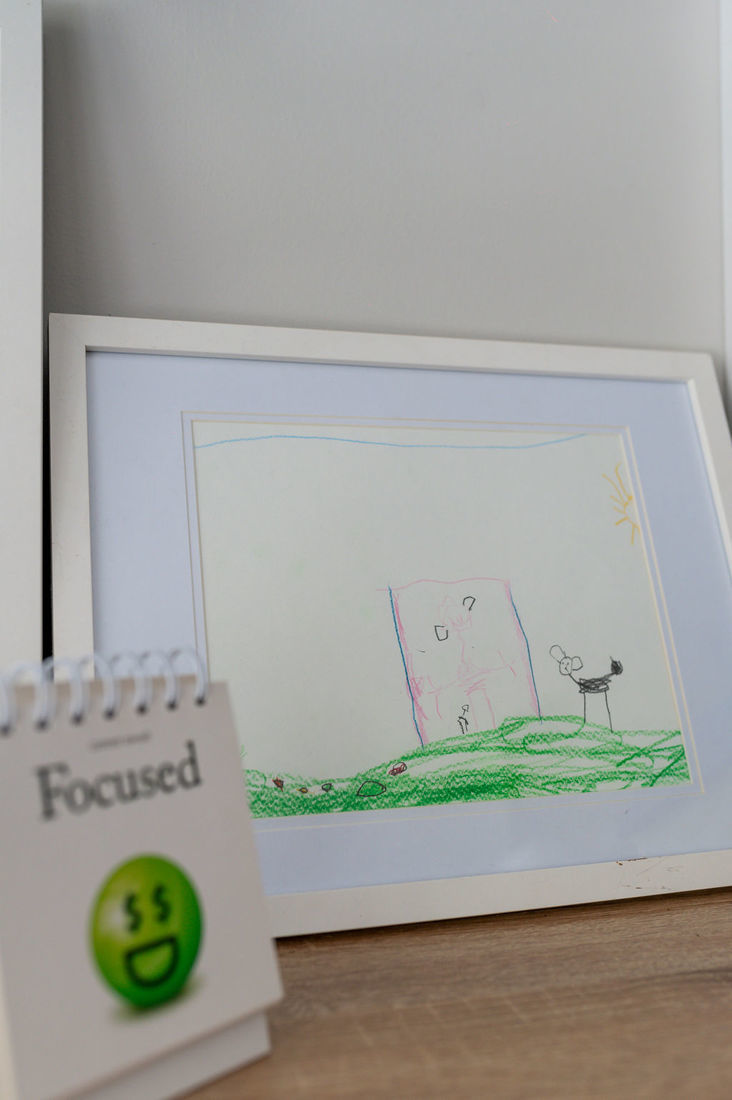School Refusal Isn’t a Phase It’s a Message.
As a parent, it can be confusing, upsetting, and even frustrating when your child suddenly doesn’t want to go to school. Maybe they cry in the mornings, cling to you at the school gate, or complain of tummy aches before school, but seem fine by mid-morning. This pattern, often referred to as school refusal or school can’t, is more than just your child “being difficult.” It’s often a sign that something deeper is going on.
Let’s explore school refusal through a child psychologist’s lens what it is, why it happens, and how you can help.
What Is School Refusal?
School refusal is when a child has ongoing difficulty attending school, even though their caregivers are encouraging attendance. It’s not about defiance or misbehavior, it’s often about anxiety, fear, or overwhelm. Some children might refuse to leave the house, while others get to school but struggle to stay in the classroom.
What It Looks Like
Every child is different, but common signs include:
- · Frequent complaints of feeling unwell (e.g., tummy aches, headaches) without a medical cause
- · Crying, tantrums, or distress in the morning before school
- · Clinging to caregivers at drop-off
- · Missing school frequently or arriving late
- · Panic symptoms (fast breathing, racing heart)
- · Feeling calm and fine once the school day is over
Why Does It Happen?
There are many reasons a child might find school hard. Some common ones include:
- · Separation anxiety – struggling to be away from a parent or caregiver
- · Social worries – like friendship struggles, bullying, or fear of making mistakes
- · Learning challenges – if school feels too hard or overwhelming
- · Perfectionism – fear of getting things wrong or disappointing others
- · Sensory sensitivities – especially for neurodivergent kids who may find the school environment overwhelming
- · Big life changes or stress – like family separation, illness, or grief
Sometimes, there’s no single reason—just a build-up of emotional stress.
Why “School Can’t” Might Be a Better Term
Many professionals and parents are starting to use the term “school can’t” instead of “school refusal.” This shift recognises that children aren’t refusing to go on purpose they often can’t, because their brain and body are in a stress response. Just like an adult might freeze before a big speech or feel sick with nerves, kids can experience intense emotional and physical reactions when faced with school.
How to Help: A Child Psychologist’s Tips
1. Stay Calm and Curious
Try not to respond with punishment or pressure. Instead, ask gentle questions like:
“What’s the hardest part about going to school right now?”
“When do you start feeling worried—at home, or when you get there?”
2. Validate Their Feelings
Let them know it’s okay to feel worried or overwhelmed.
“It makes sense that school feels hard if you’re feeling so anxious inside.”
Validation doesn’t mean agreeing they can stay home forever, it means helping them feel understood.
3. Work as a Team
Involve your child’s teacher, school wellbeing staff, or school psychologist early. A collaborative approach often helps children feel safer and supported.
4. Seek Support
If things aren’t improving, seeing a psychologist who works with children can help uncover the root causes and provide strategies tailored to your child.
5. Small Steps Forward
Returning to school doesn’t have to be all-or-nothing. Some kids benefit from:
- · Shortened days
- · A buddy system
- · Calm down spaces at school
- · Visual schedules
- · Positive reinforcement for attending
The goal is to gradually rebuild confidence.
Final Thoughts
School refusal is tough—on kids, and on families. But it’s also a signal that your child needs support, not shame. With understanding, patience, and the right help, most kids can overcome school-related anxiety and rediscover their joy in learning.
If you’re feeling stuck, reach out. You don’t have to do this alone—and neither does your child.
Need More Support?
A child psychologist can help you:
- · Understand what’s going on beneath the surface
- · Create a step-by-step support plan with the school
- · Build your child’s coping skills and confidence
You’re doing your best—and with the right tools, things can get better.
